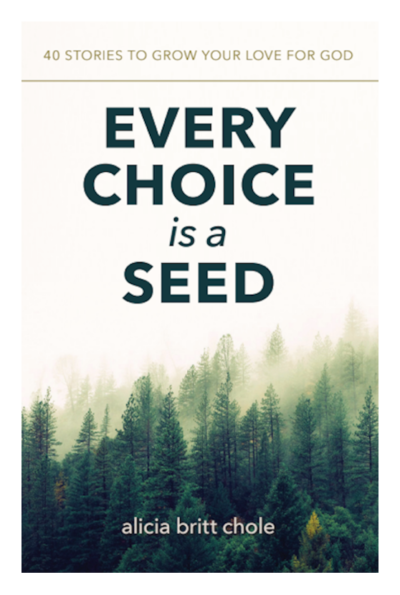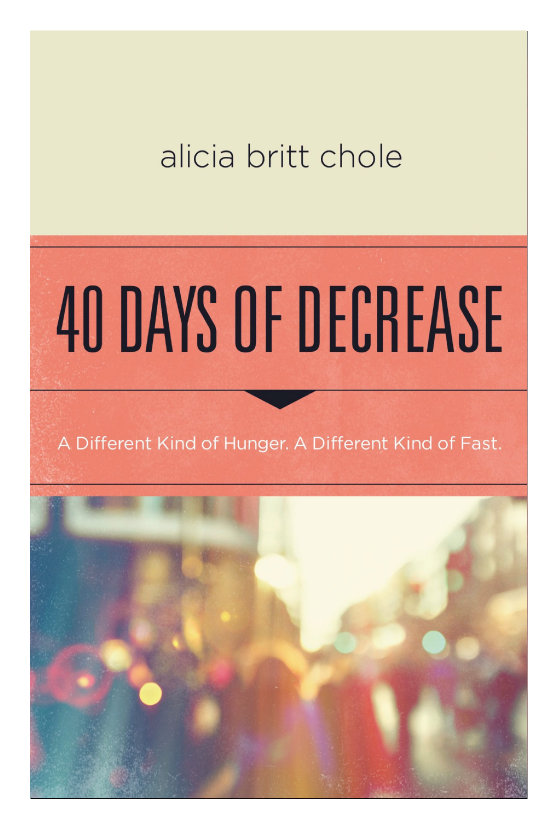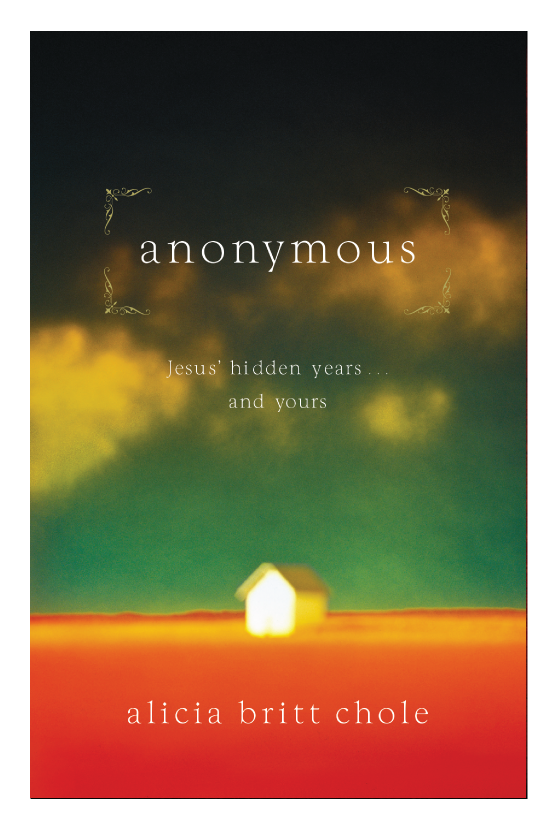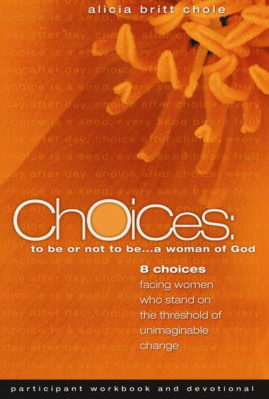
Truly, many beliefs are quotable and inspiring. Moving beyond their beauty, however, it would be sensible for us to ask if they are soundly livable.
Webster defines livable as:
- suitable for living in; habitable.
- worth living; endurable.
- that can be lived with.
In other words, can we really inhabit a belief from its roots up? Can we live with the underlying premises that a beautiful belief rests upon? In order to accept a belief with integrity, we must also accept its foundational premises with enthusiasm. Can we?
For example, like you, I have heard many sincere souls express their belief that, “all religions hold truth…that, ultimately, all are saying similar truths, in different ways, on the same journey.” But I can tell you they were some of the nicest people I have ever had the opportunity to meet.
Whether as their primary belief or as an addendum to a more traditional faith, many today believe that in order to truly honor all individuals and cultures, they need to affirm carte blanche their respective belief systems. And they are genuinely uncomfortable with—and even angered by—the narrow notion that there is only one path that leads to salvation and any souls on other paths are lost.
In between acquiring my bachelor’s and my master’s degrees, I spent two years living overseas in the Far East and Australia. During that time I had the privilege of learning from Islamic, Buddhist, Hindu, Sikh, and Christian friends. Gracious and excellent souls, they generously opened up their homes and their hearts to me—a culturally clueless twenty-something who smiled WAY too much. They knew the ever-present smile was genuine though, and I knew their concern for me was genuine as well.
From that experience and other travels abroad and here at home, I am so grateful for friends from other belief systems who allowed me to see their faith in action, practiced in real time, up close. These are the souls I think of when I hear someone suggest that all religions are really just different paths up the same mountain.
Perhaps if we lined up the sacred texts and cut and pasted with liberty we might be able to come up with something vaguely unifying like, “Most religions believe in the existence of the divine.” But it would be intellectual folly to then conclude that all religions are ultimately communicating complementary messages.
Such statements are made out of a desire to affirm the value of every faith expression. It sounds beautiful, but is it soundly livable? Does the Muslim feel affirmed by the belief that Muslims and Jews basically have faith in the same thing? Does the Jew feel encouraged by the belief that Judaism and Christianity are different paths up the same mountain? Does the Hindu feel blessed by the belief that Hinduism and Islam teach the same truths by using different images? Ask them. Ask the committed Muslim, the devout Jew, the practicing Hindu, the devoted Christian, and the sincere Buddhist if they are all 
I am not referring to practices on the edges of these faiths or to great mysteries inaccessible to the general population. We do not have to be world religion experts to investigate a faith’s core truisms: Who/what/if is god? Who/what are we? Can we become god? Does god have one or many manifestations? Does evil and/or sin exist and if so what is the path of forgiveness or salvation? What happens after death?
If these foundational beliefs are fundamentally in conflict, is it reasonable to assert that these religions are ultimately saying the same thing or leading to the same place?
“Many paths up the same mountain” is quotable. However, if a belief sounds enlightened on the surface yet is not soundly livable at its roots, the painful possibility exists that it may just be pious poetry. Hang it on the wall if you choose, but stand on it at your own risk.
(These thoughts on faith and friction originally appeared in my book, Finding An Unseen God: Reflections of a Former Atheist. Recently I wrote an article on 5 Be’s for those who love Atheists for Today’s Christian Woman. If you’d like to read that article, click here.)





